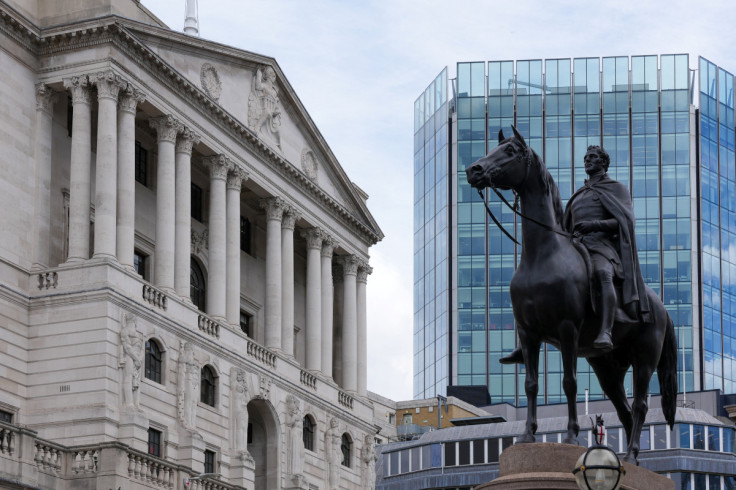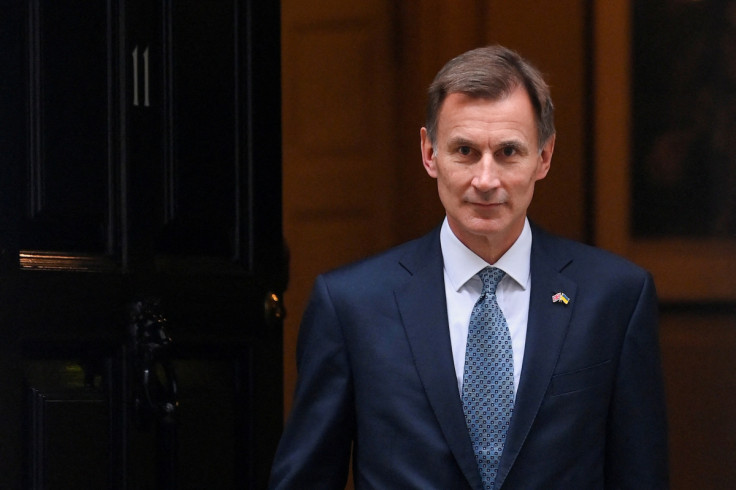UK economy in crisis, as the Chancellor urges missing workforce to return
Latest figures from the ONS reveal zero GDP growth in Q4 2022. A labour shortage is part of the problem, with the Chancellor urging people to return to work.

The figures released by the Office of National Statistics (ONS) on 10 February paint a grim picture, showing no economic growth in the last quarter of 2022.
Although October showed a modest monthly GDP growth of 1.5%, this was followed by a lacklustre two months, with 0.1% growth in November and a fall of 0.5% in December - with overall growth for the quarter largely flat as a result.
Meanwhile, the Bank of England's Monetary Policy Committee voted for its tenth consecutive interest rate rise - though it does not expect rates to rise to the levels predicted in November 2022. Its main messaging was that the recession will not be as deep or long as previously feared, interest rates are nearing a peak and inflation will be close to zero in a few years.
Although there seems to be a mild improvement in outlook from the Bank, the UK economy is facing various headwinds.
Suren Thiru, the Economics Director at ICAEW, a global professional body for chartered accountants, with more than 198,500 members worldwide, responded to the figures by pointing out the various challenges ahead as the year unfolds.
He said, "Despite skirting a technical recession for now, December's GDP fall confirms that the economy took a nosedive at the end of 2022 as strike action added to economic squeeze."
Suren expressed his feeling on the UK's current economic crisis, stating that "The UK is facing a particularly brutal year with high inflation, stealth tax rises and the lagged impact of numerous interest rate hikes still likely to push us into a summer downturn by hammering incomes and confidence."
He further went on to say, "With a deteriorating economy set to help push inflation down quickly, the case for continuing to tighten monetary policy is likely to vanish pretty swiftly."
A recession is defined as two quarters of consecutive GDP contraction. Signs suggest the economy is on the brink this year. Households and businesses are under intense pressure from the cost of living crisis, with inflation at the highest rates since the early 1980s.
As Britain is set to become the only major industrialised country to see its economy shrink this year, the government is struggling to find ways to boost growth.

Along with the impact of inflation, tax rises and interest rate hikes highlighted by Thiru, there are several other complicating factors.
The Bank of England pointed to the damage wrought by recent shocks to the economy's supply potential - which is expressed in large part through labour shortages.
Since the onset of Covid, there has been a dramatic rise in the number of 16 to 64-year-olds officially economically inactive – who are neither working nor job-hunting. Jeremy Hunt, the chancellor, has ordered an inquiry in to why hundreds of thousands have left the workforce early - as the UK battles a worker shortage.
In a speech to Bloomberg last month, the Chancellor has said that the 6.6 million people of working age who are not currently in employment represent "an enormous and shocking waste of talent and potential."
This number includes many who retired early following the pandemic. The Chancellor has appealed to this group to return to work. "To those who retired early after the pandemic or haven't found the right role after furlough, I say: 'Britain needs you' and we will look at the conditions necessary to make work worth your while," he urged.
Whilst the Bank of England seems a tad more upbeat, it remains to be seen how the UK economy tackles its various challenges as it faces recession in 2023.
© Copyright IBTimes 2025. All rights reserved.






















